You’re back in sixth grade health class. Thirty students are circled around the edges of the room, backs suctioned against the sides as if enough pressure could push their bodies through the wall and escape the most mortifying lesson of their lives. Half of them are holding randomly distributed reproductive system vocabulary words, while the other half hold cards with corresponding definitions. The middle school sex education curriculum lasted less than a week. A basic summary–here are the reproductive organs, here’s what they do, don’t have sex.
“It just felt like there wasn’t any real attempt at having kids learn what’s most important,” summarized Summit junior Thielsen Wardlow when describing his experience with middle school sex ed.
Then there was the high school equivalent… a rather rushed curriculum which consisted of two separate health courses, both of which had sexual health listed on the class contents. One of Summit’s Integrated Wellness teachers, Stephanie Barker, provided a large binder that disclosed the entire sexual health curriculum.
“That’s all the content we could, and are allowed to, cover,” said Barker. “There is no way that in a semester that we could cover it all.” The health department finds themselves in the difficult position of constantly having to pick and choose which topics to go over in class.
“We used to have mandatory junior health, but after the district launched online health the actual course fell through,” explained Summit administrator Jamie Brock, who was previously dubbed “AP Health” by her coworkers due to the efforts she’s made for Summit’s health curriculum. Brock felt strongly about the necessity of a mandatory in-school health class for juniors and seniors, which could help young adults learn skills to maintain both general adult health and adult sexual health. However, even if there was another health course to absorb some of the curriculum, there’s not much freedom in what teachers can say.
“It was verbalized [at a meeting] that ‘this is your approved curriculum and if a parent or somebody comes after you, [the district] will back you as long as you taught the lesson as it was intended,’” explained Barker. “It’s not that I’m fearful, but it makes me be very careful, and at times you end up getting more vanilla than you want to be.” Teachers are mindful that a wrong phrase or explanation could lose them their job. Regrettably, this stressor is often reflected in the curriculum.
“It’s happened multiple times over multiple years where my class has never gotten to the sex education part,” noted Summit senior Shea Miller, saying that it often felt like units regarding sexual health were put on the back-burner.
With this in mind, you can imagine the shock of teens nationwide when Netflix released ‘Sex Education.’ The wildly popular TV series follows a group of young adults as they deal with the conflicts that come with high school. Sounds pretty standard, right?
However, while most high school dramas cover issues with friends and relationship conflicts, ‘Sex Education’ took things a step (or two) further. Deemed a “sex comedy,” the production tackled themes including feeling sexually left behind, fear of rejection, slut shaming, ruthless rumors, body insecurity and others regarding the adolescent exploration of sex and sexuality. Not only did Netflix address these ideas, but the audience was also provided with genuine advice on how to navigate these things along the way.
“It really kinda goes over everything. Sometimes things on the show would get me thinking like, ‘Oh my god, that’s happened to me, like, I’ve experienced that too,’” said Miller.
The larger conflict of the show is that the students have no resources or adults to consult for sex advice, which often causes more problems and leads many adolescents to make unsafe sexual decisions. The push to normalize conversations in schools around sexual activity was not only heavily supported by the show’s characters but by many who watched the show as well.
“We need to be having these conversations and be talking about sex in health classes in a more candid way because that’s the only way you’re gonna be able to learn how to talk to your partner,” said Miller. “If you can’t talk about having sex with them, you shouldn’t be having sex with them.”
One of the largest issues that came up was the lack of education on sexual consent. Within the Bend-La Pine schools health curriculum, the unit on practicing consent focused almost entirely on non sex-related issues.
“There were refusal skills, where it was like ‘this is how you tell your friends you don’t want to do drugs,’ and then it was like, ‘oh and by the way, you can use these skills for sex too,” recalled Miller. Students practiced polite ways to reject certain ideas they weren’t comfortable with, but it was never explained directly how to apply these skills to the act of consensual sex.
‘Sex Education’ does a thorough job of discussing this, providing dialogue on how to build trust in relationships and have healthy conversations about boundaries. Whether it be expressing what you like, being assertive about using protection, or giving enthusiastic consent in a sexual context, the show displays several ways to ensure that both sexual partners feel comfortable and can enjoy themselves.
Miller also touched on the inadequate education on birth control methods—from the faultiness of diaphragms to the harmful effects of spermicide—emphasizing the importance of describing side effects that can come with using certain birth controls. Disregarding all the options, health teachers seemed to spend the entire birth control lesson stressing that abstinence was the only completely effective method.
“[The health teachers] just talked about abstinence and how there was no other way to be safe or consensual,” said Summit senior Miles Hough.
Similarly to Miller and Hough, Summit senior Avery Suriano described multiple holes in her middle and high school sex education, and felt strongly about the lack of queer depiction. “The
curriculum is severely lacking in LGBTQ representation. I had to learn on my own what sex looks like for gay, transgender and intersex individuals,” said Suriano.
It was unanimous among students that queer sex education was close to nonexistent in the classroom. “This district’s sex education classes have been lacking in depth, especially when it comes to non-heterosexual relationships, as well as consent and safety in general,” explained Hough.
This becomes increasingly concerning over time, as according to the CDC in 2021, just about 1 in 4 high school students in America identifies as LGBTQ+. If near a quarter of our teenage population have designated themselves to a queer identity, shouldn’t queer relationships be included in health lessons? There is a section in the sexual education curriculum guide regarding sexual orientation, gender identity and queer discrimination, but oftentimes, these topics fail to make it into classroom discussion.
Among other things, Netflix’s ‘Sex Education’ has helped bring to light the lack of dialogue on sexual health in the classroom. The show has helped fuel the conversation around sex education for teens and its importance, leaving viewers feeling that so much has been missing. As adolescents navigate high school, learning how to communicate and be safe in relationships becomes crucial, especially as seniors are taking steps toward the future.
Half of the upperclassmen are turning 18 every school year, making them legal adults. Shouldn’t they be given the tools to enter into adulthood successfully when it comes to their health and wellbeing? If many students are finding a Netflix show to be more educational than their experiences in high school health, it’s time to adjust to better help teach adolescents to be safe.


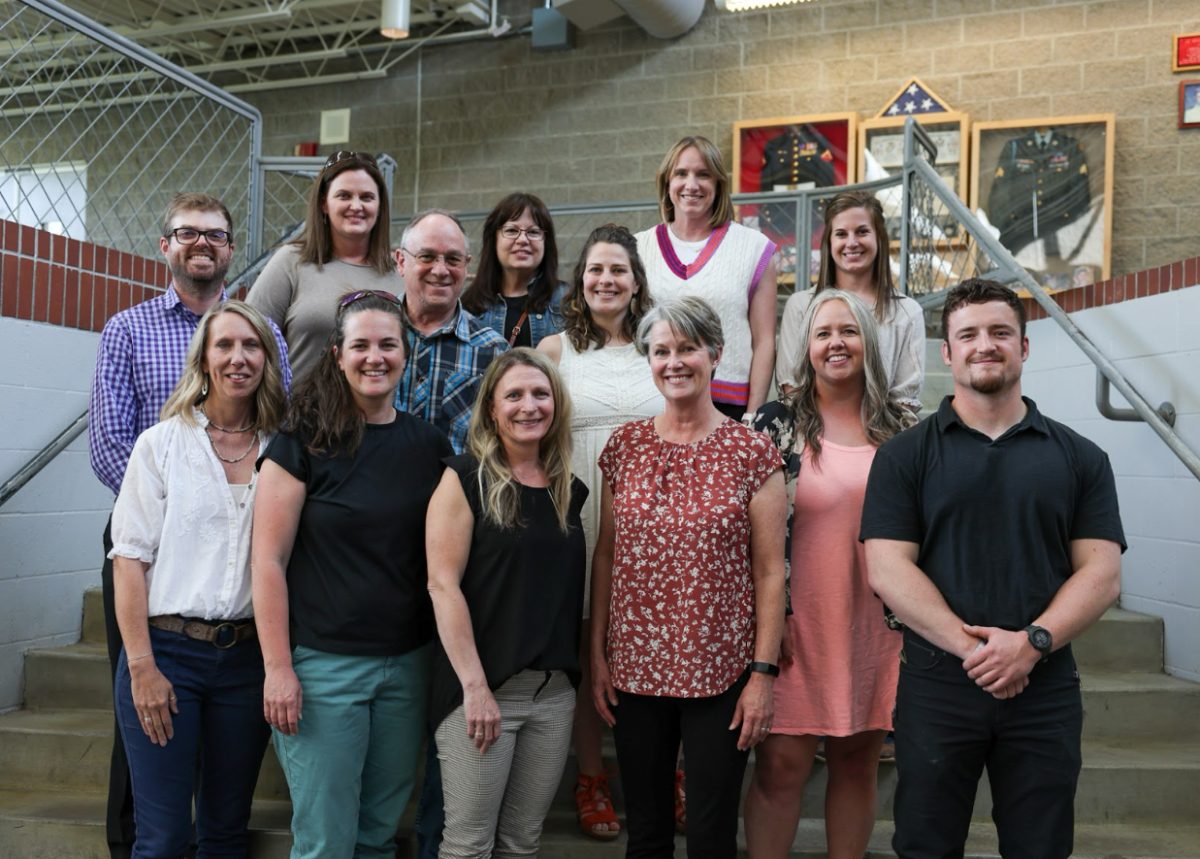






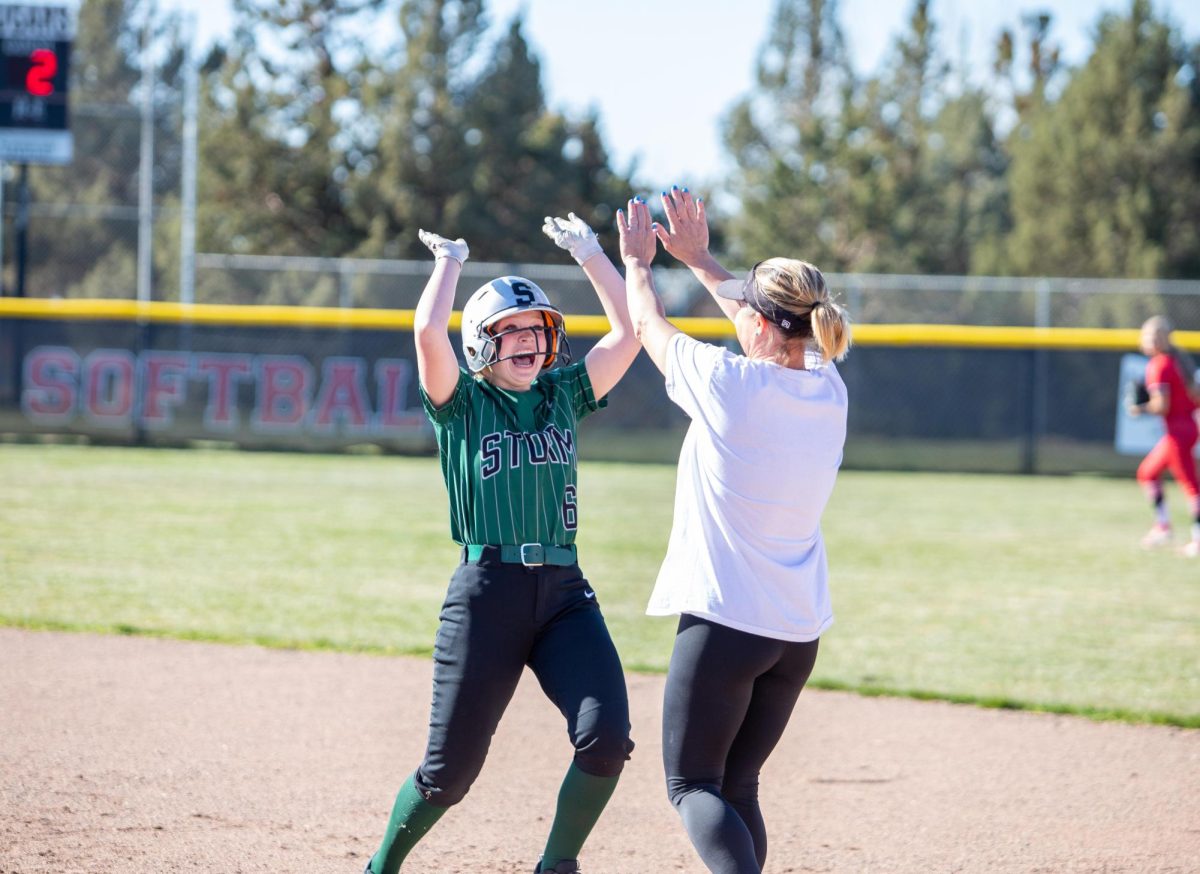
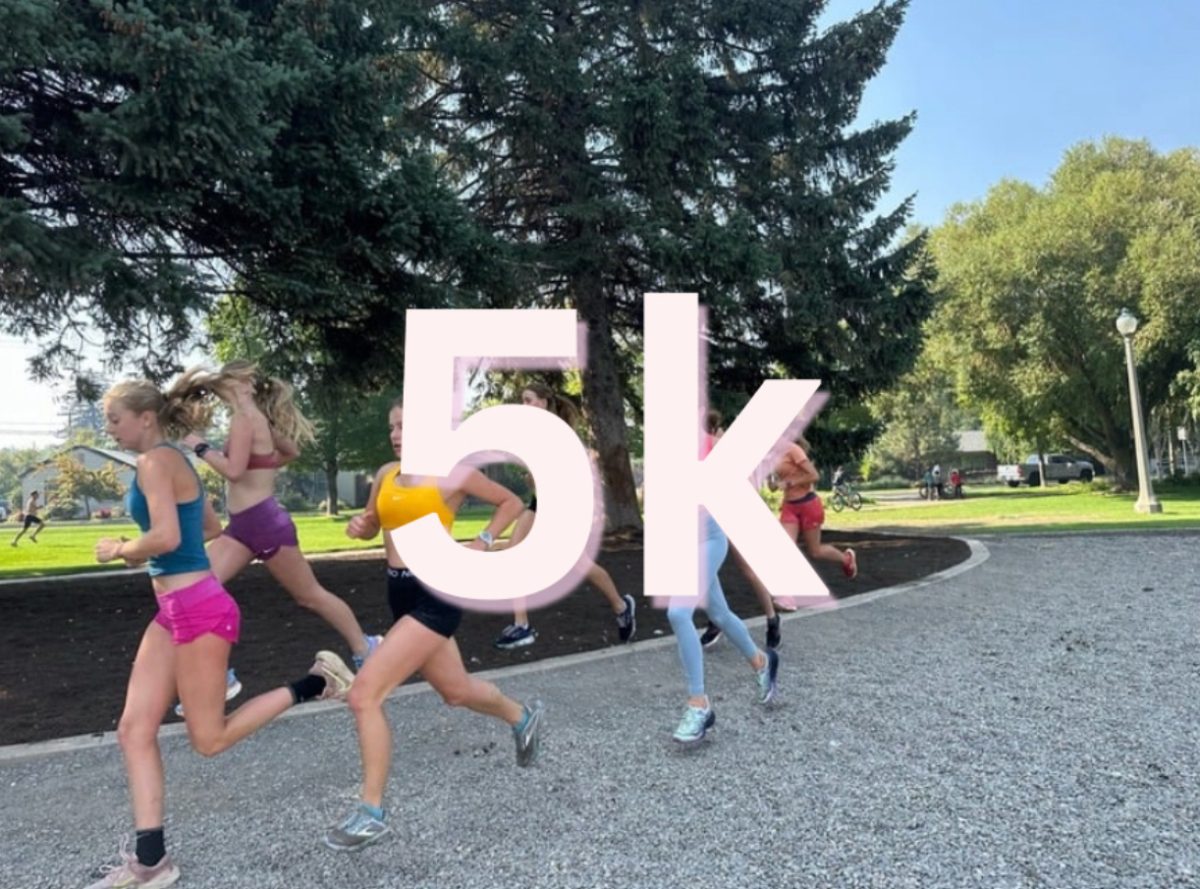

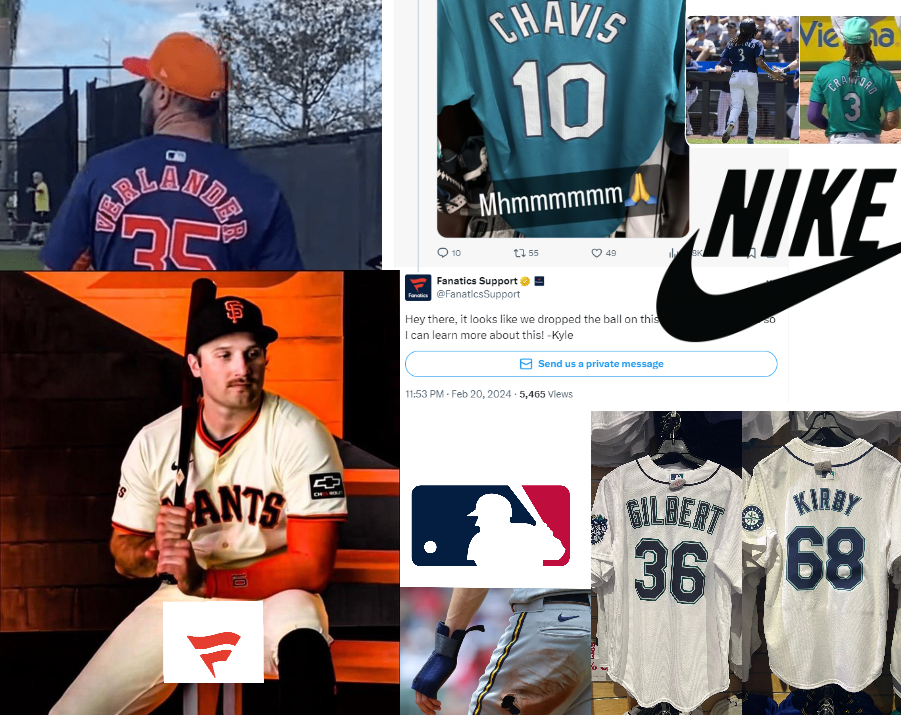

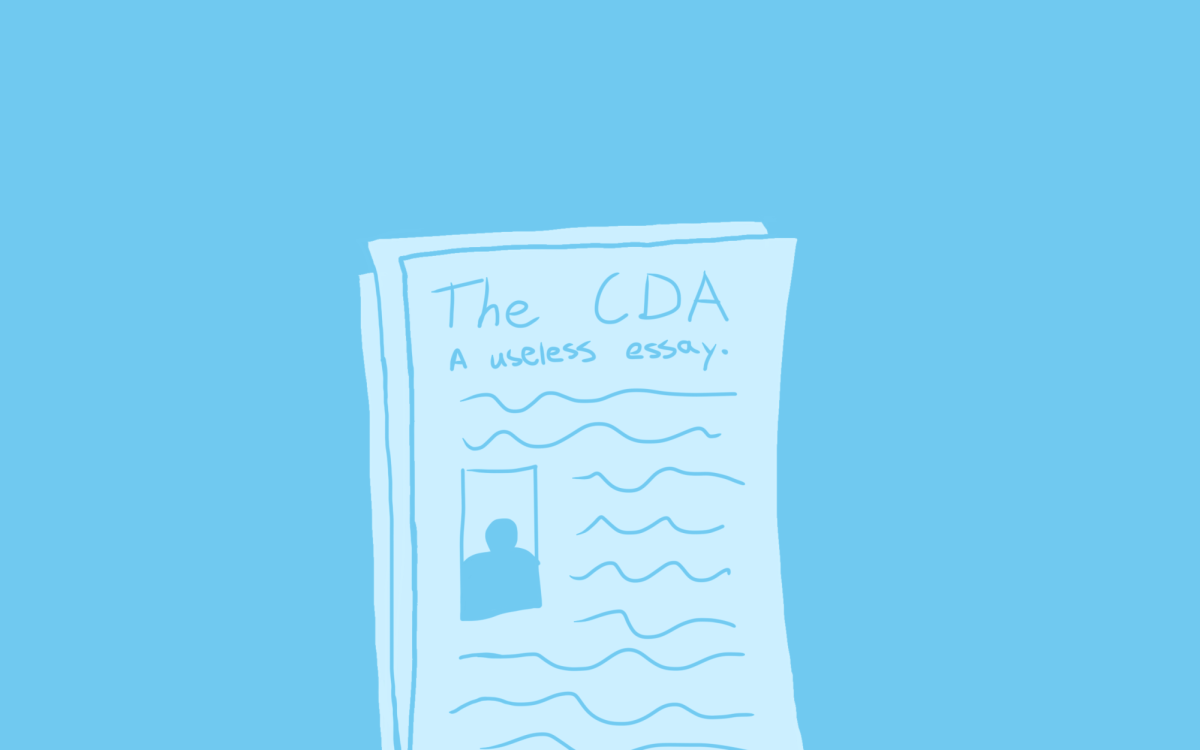
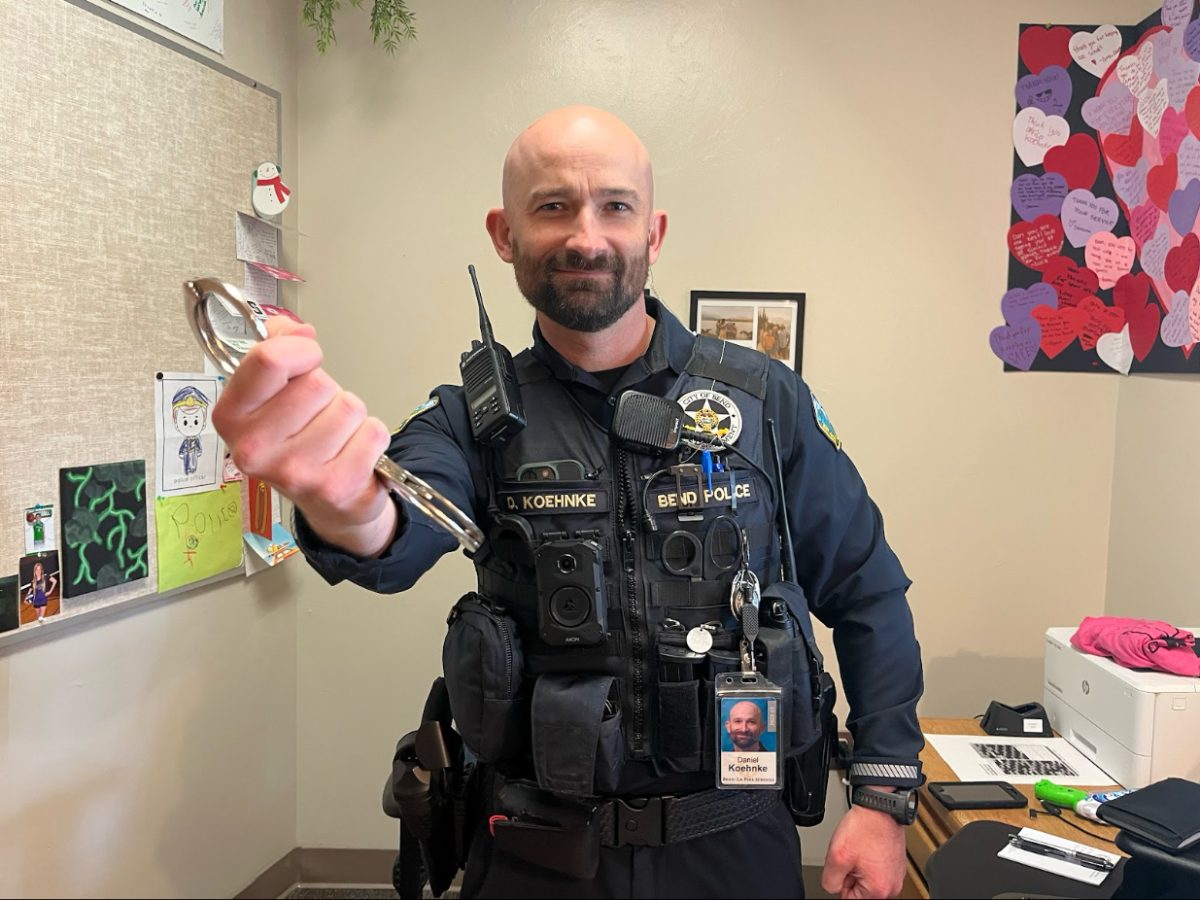

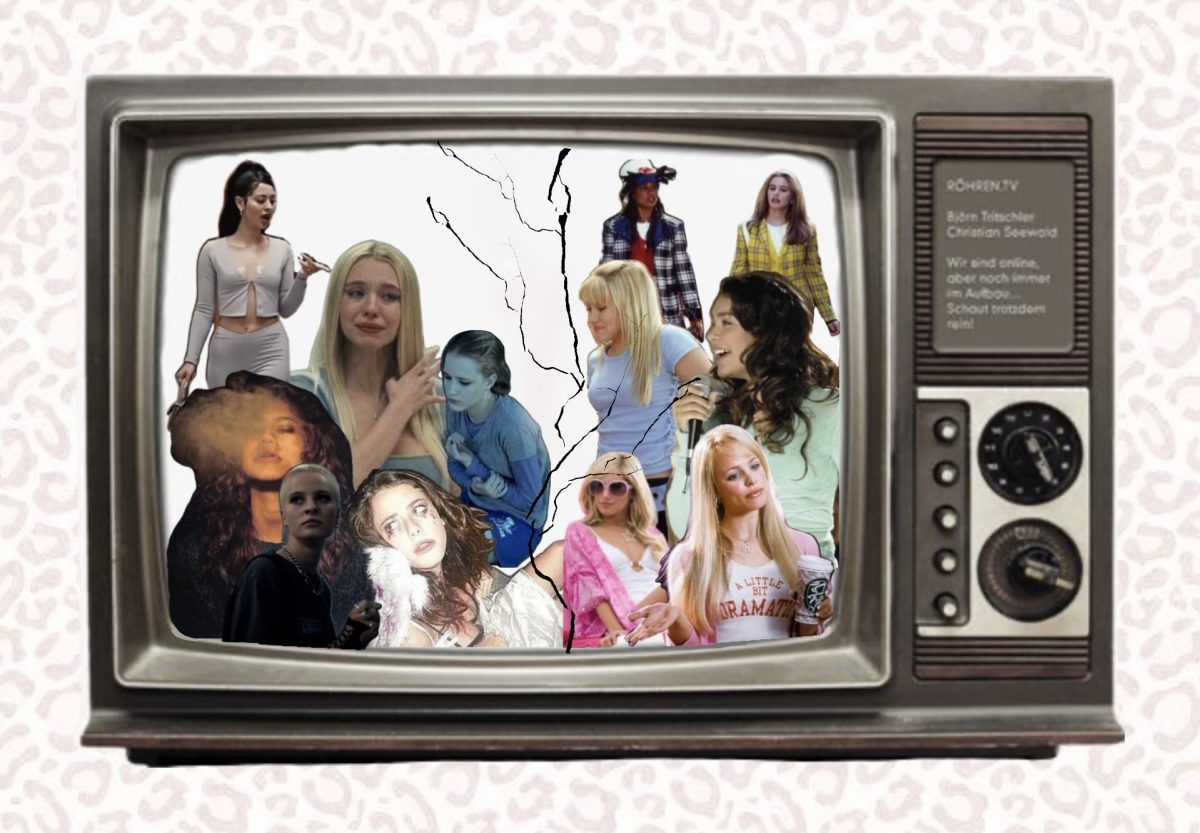


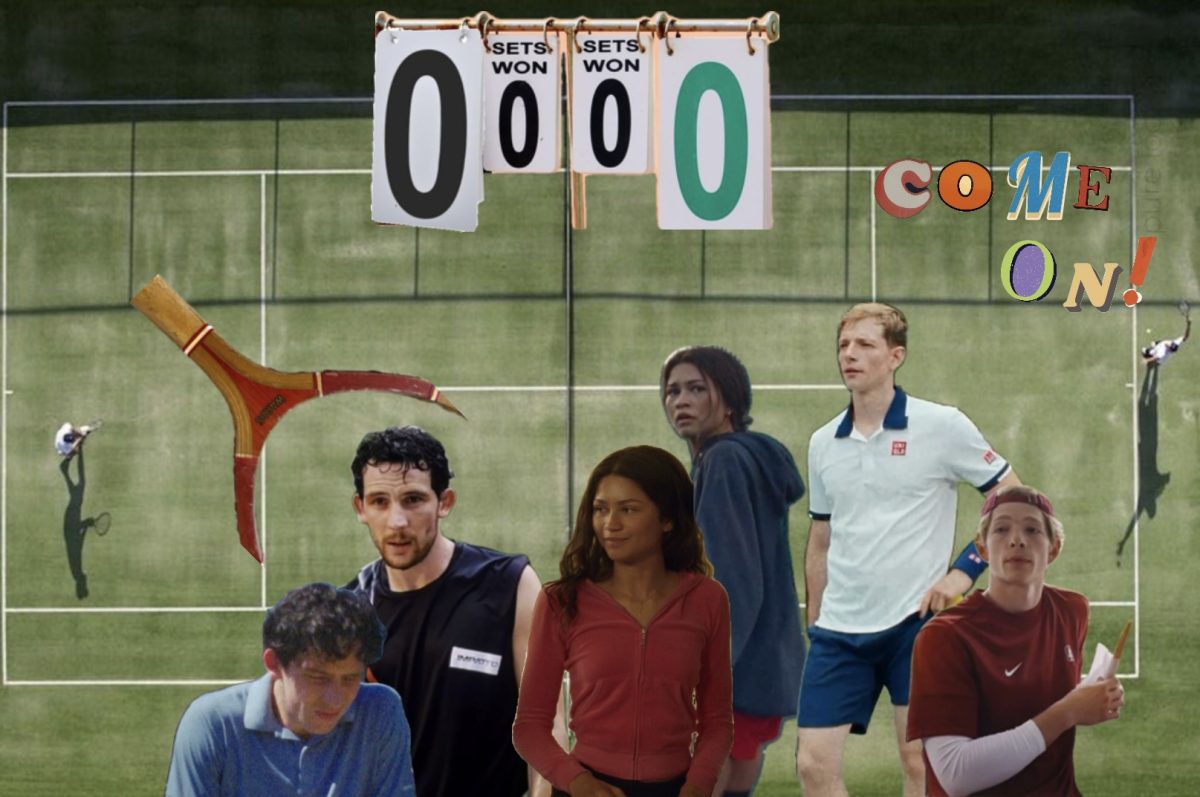


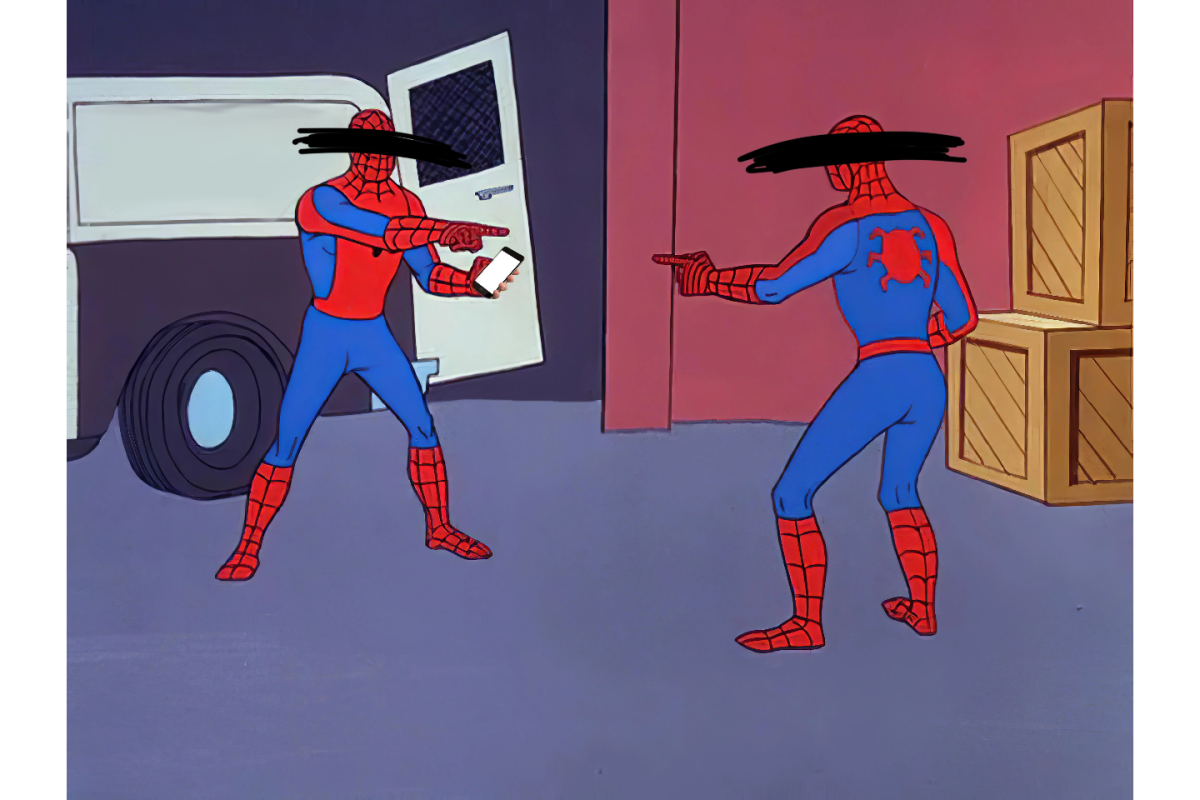
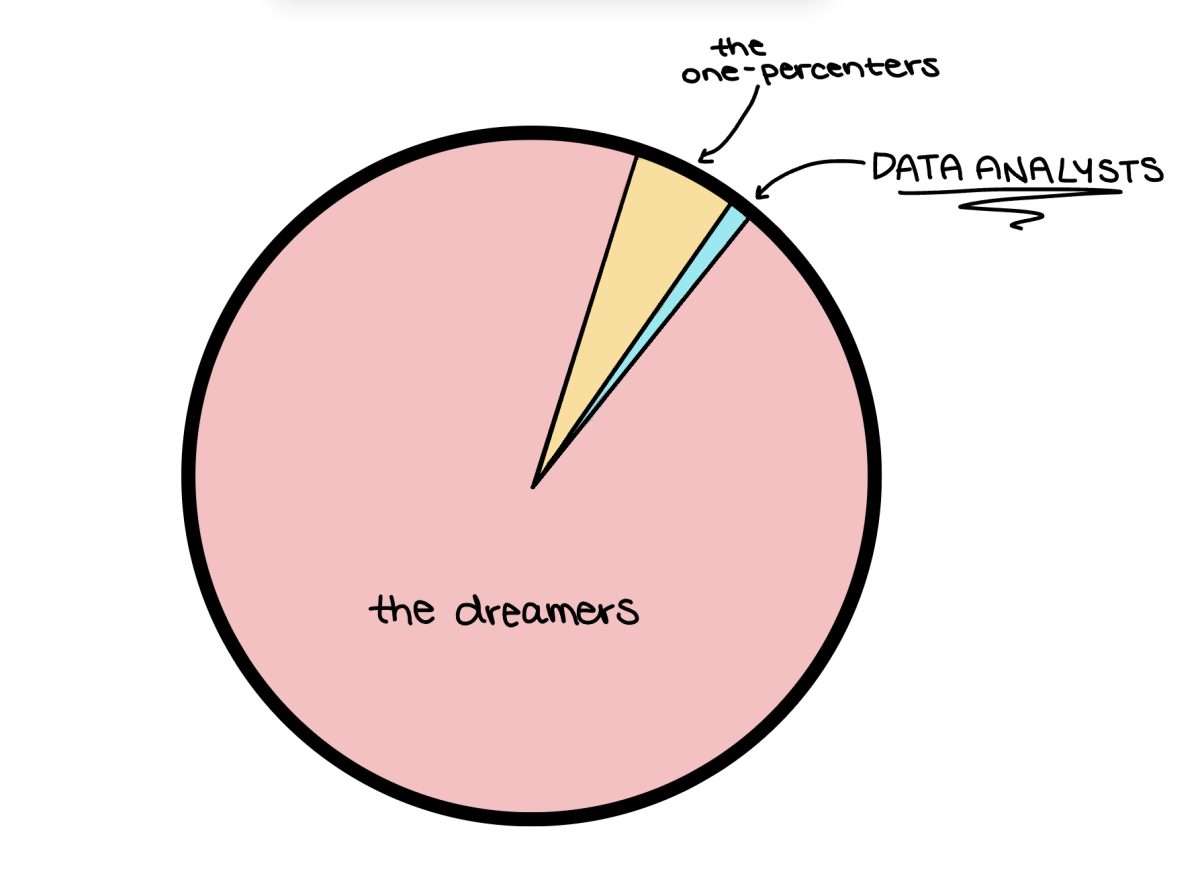
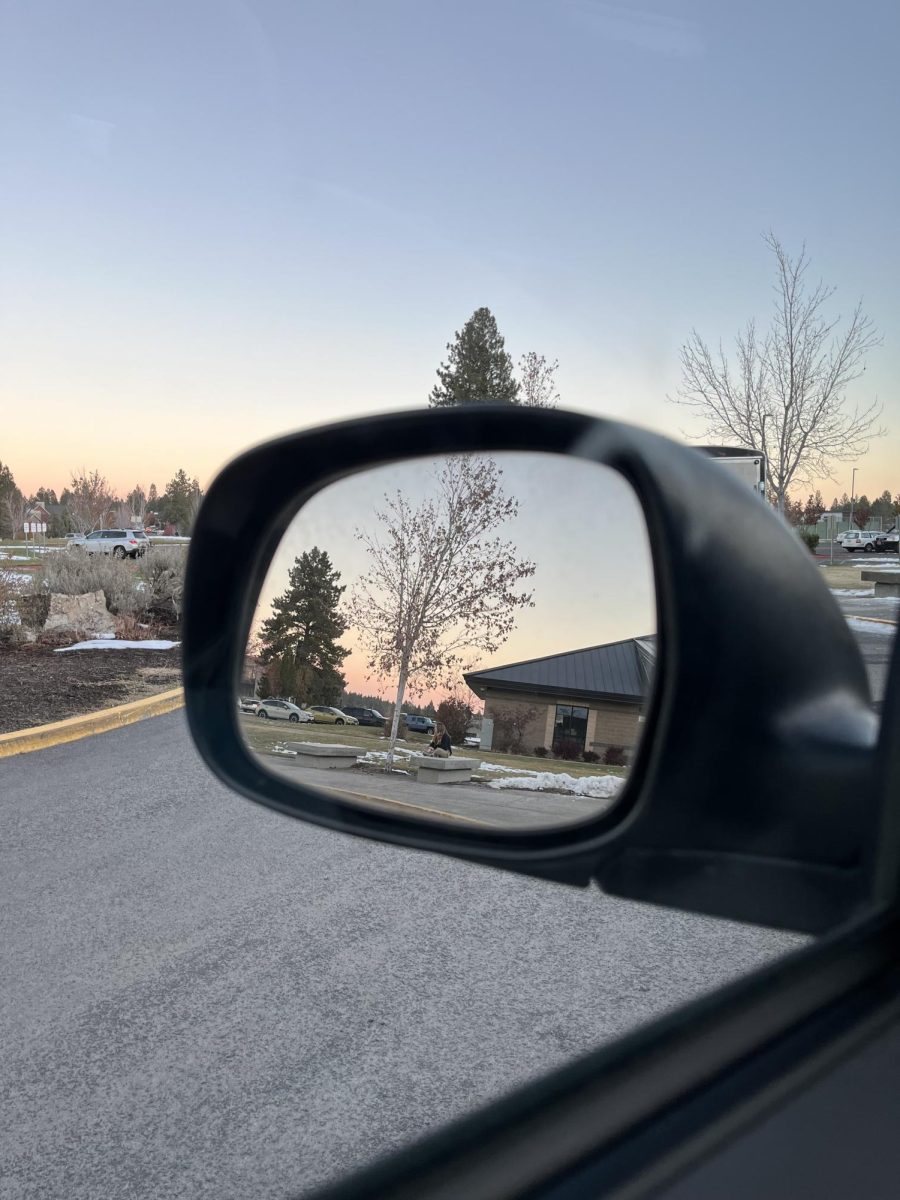
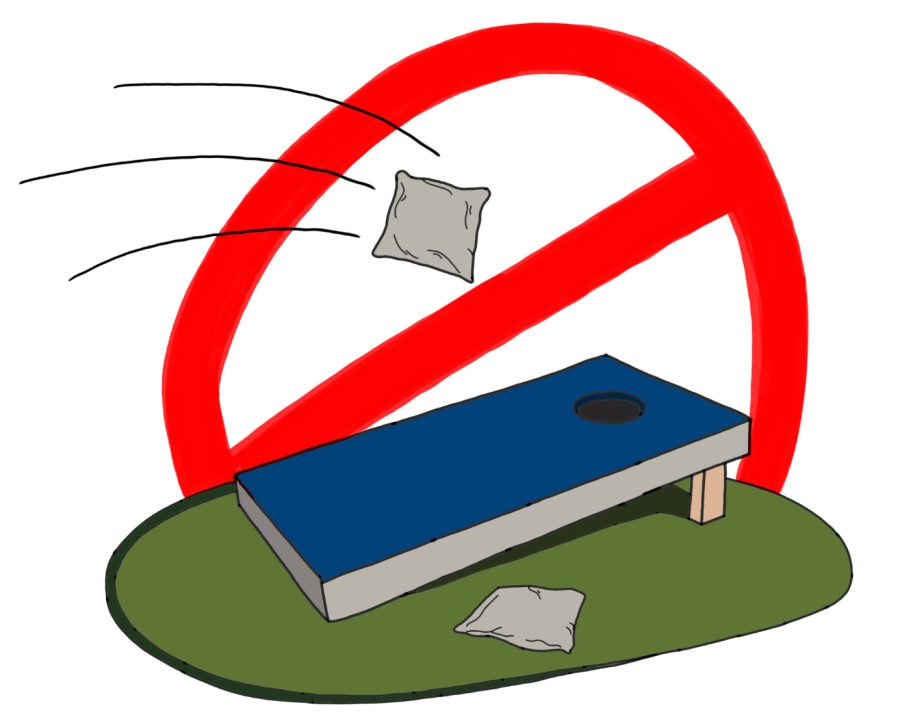
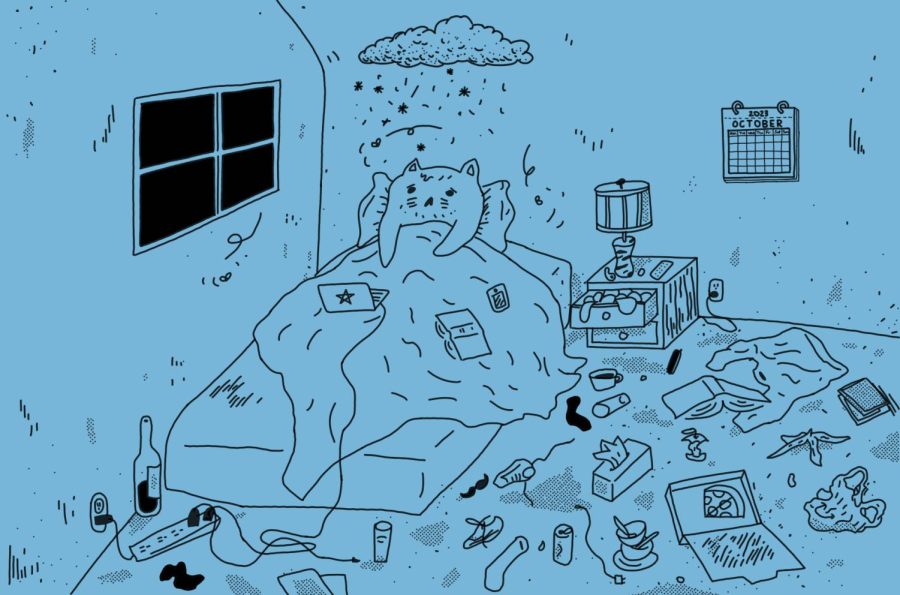



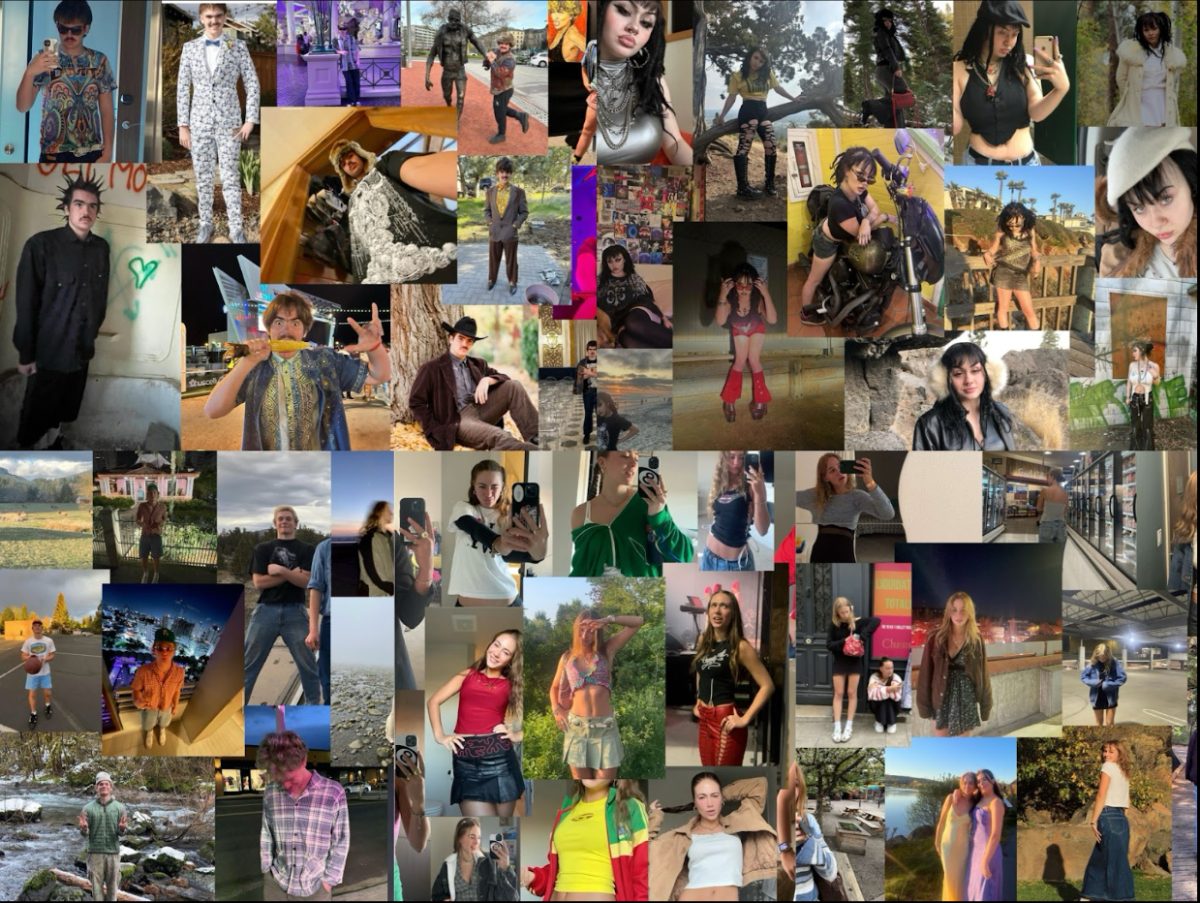
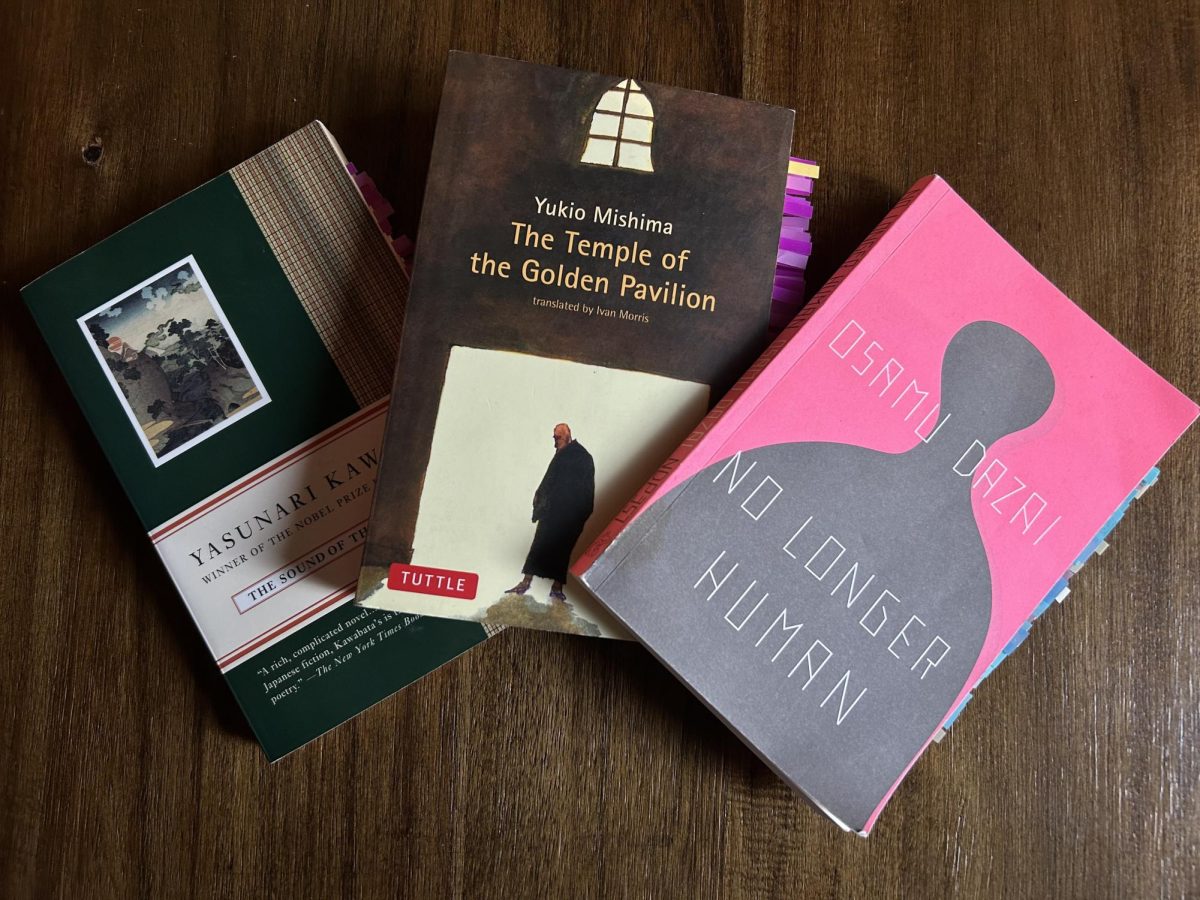
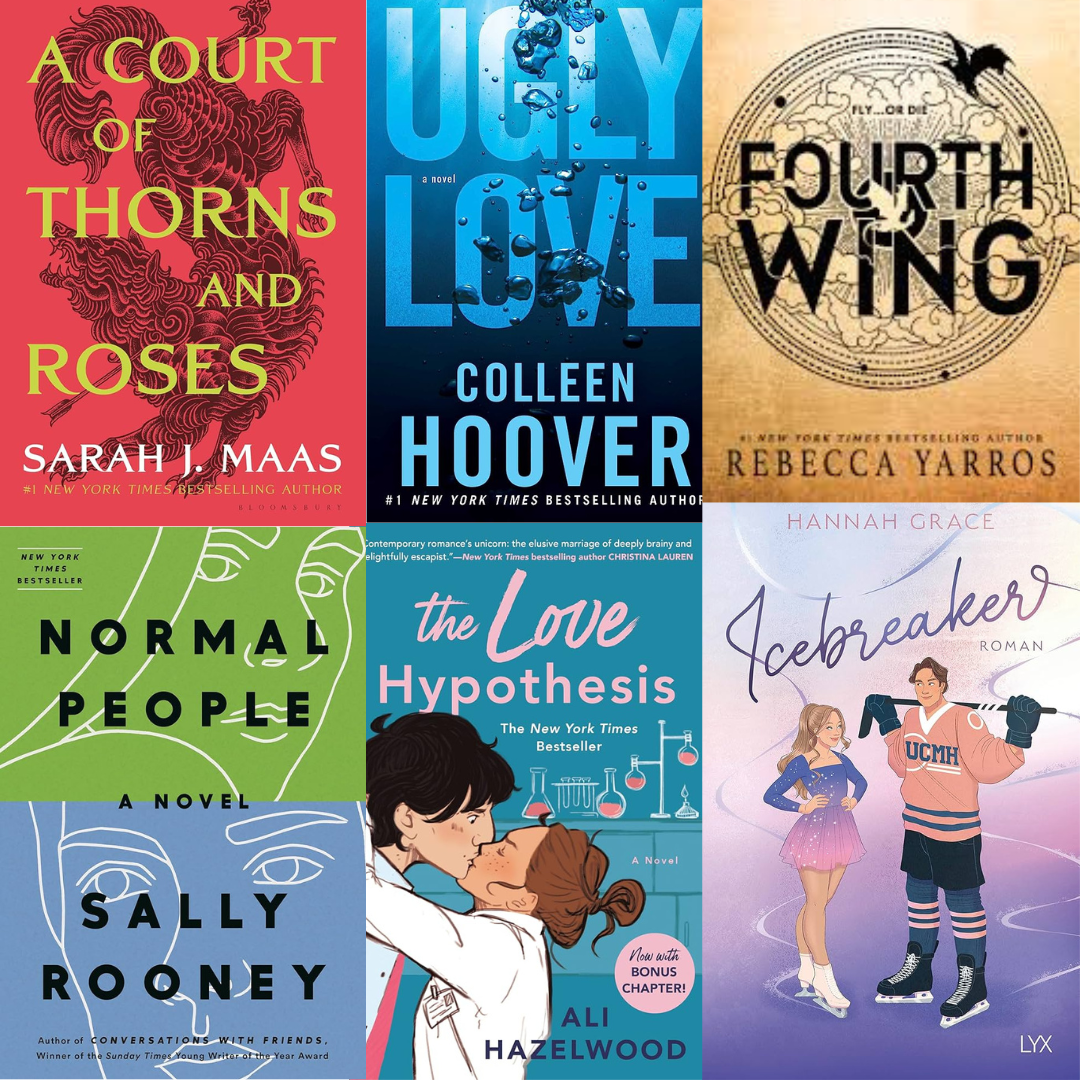
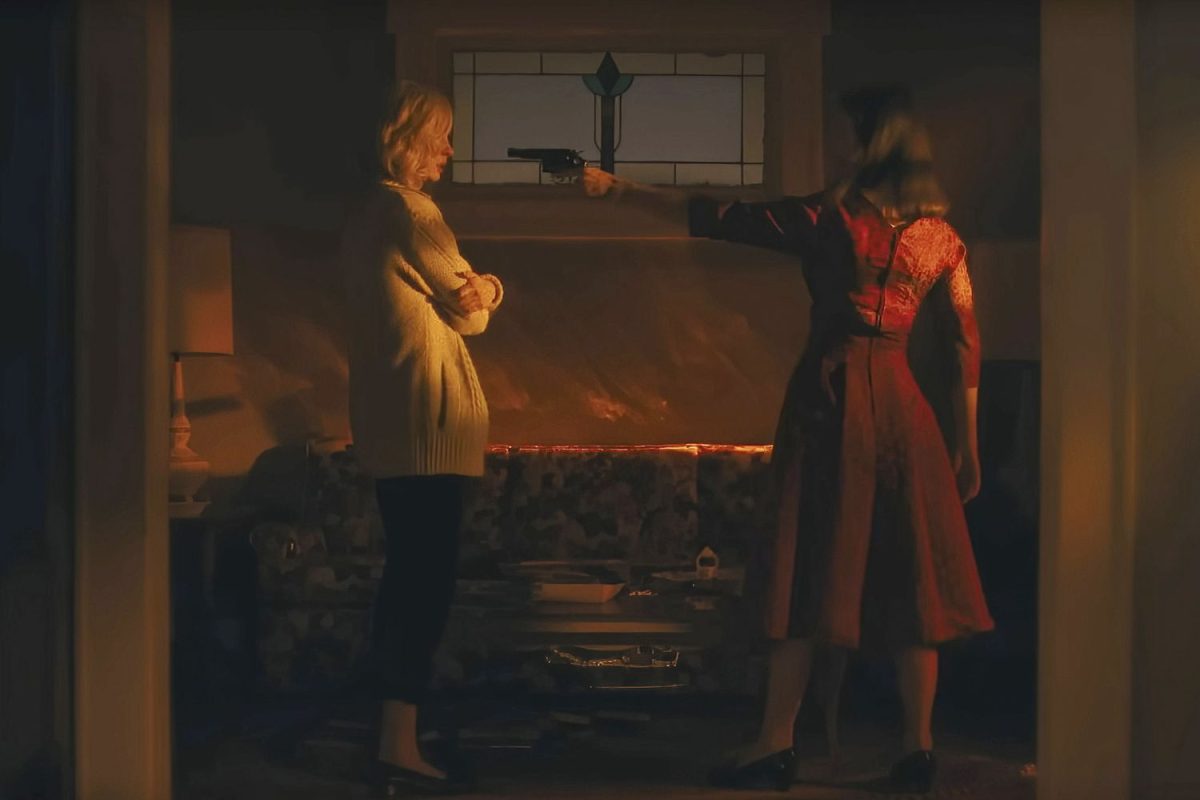









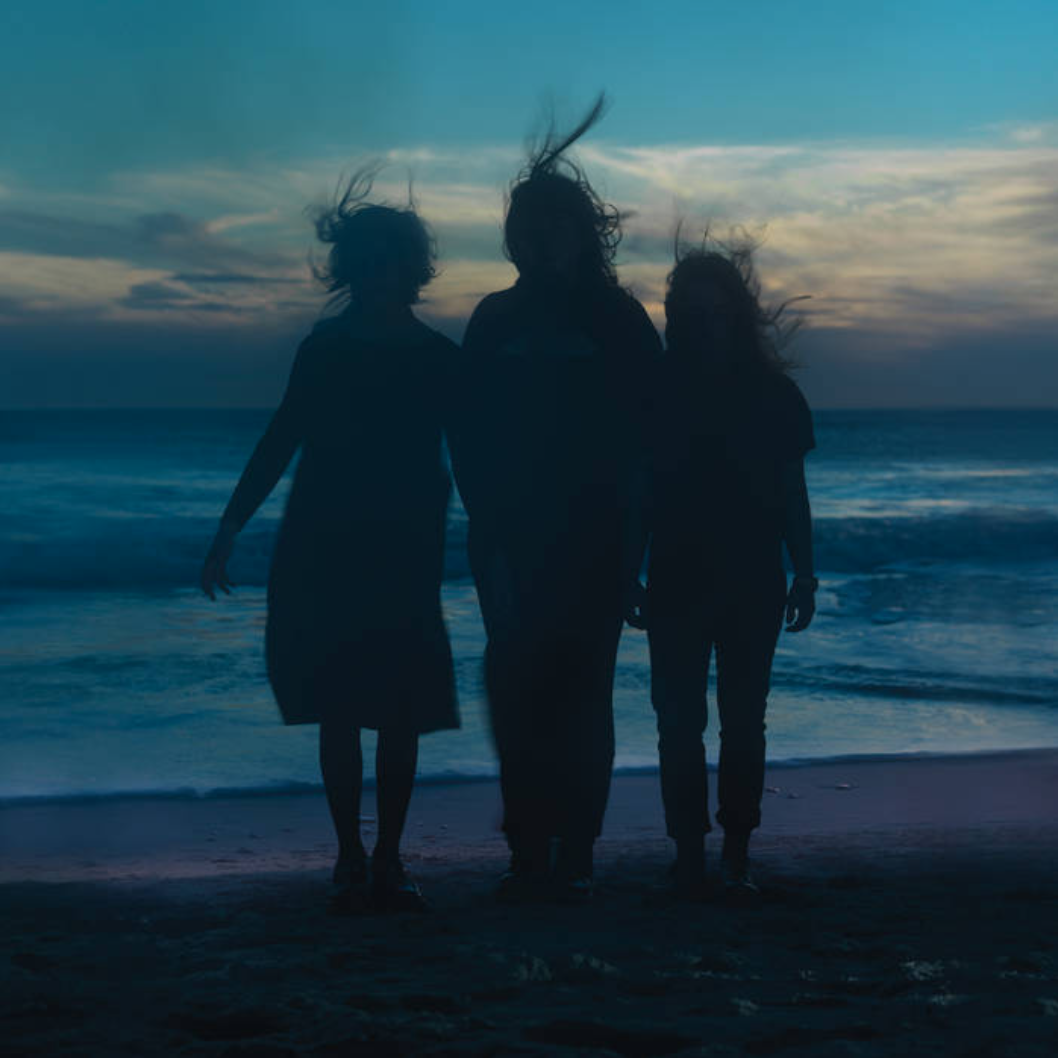






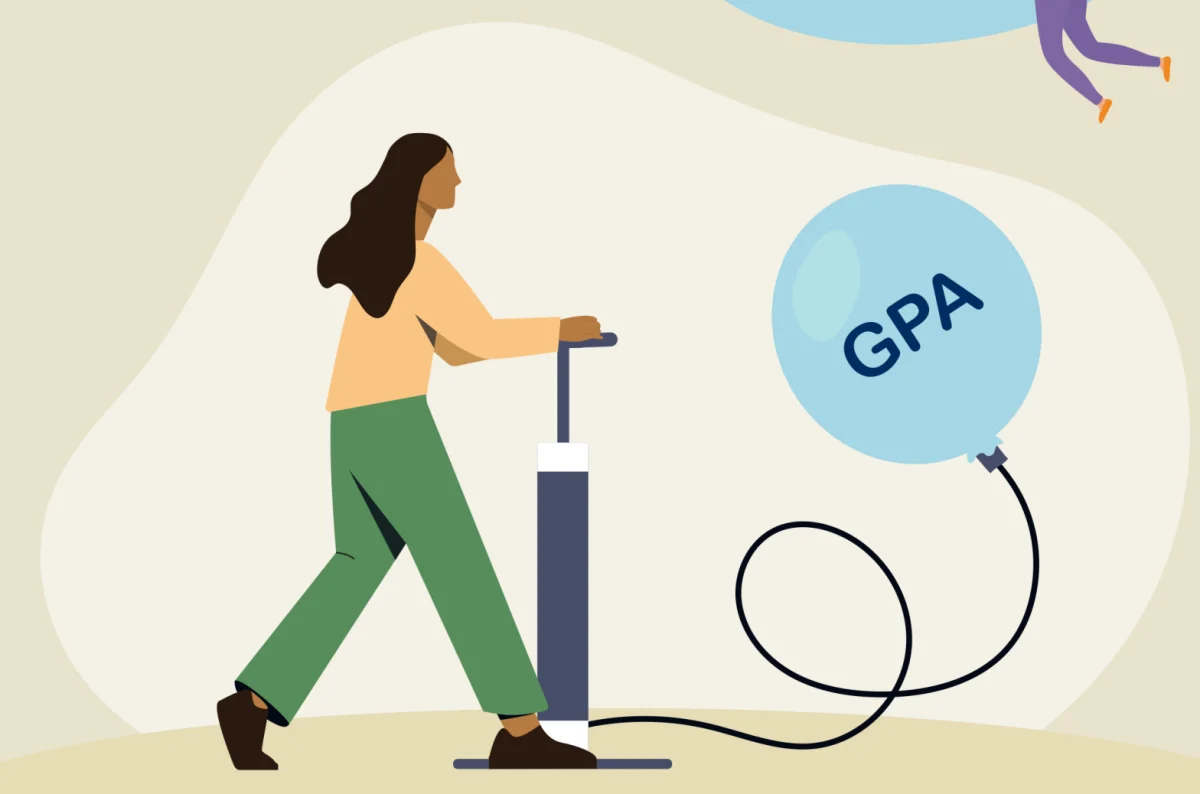
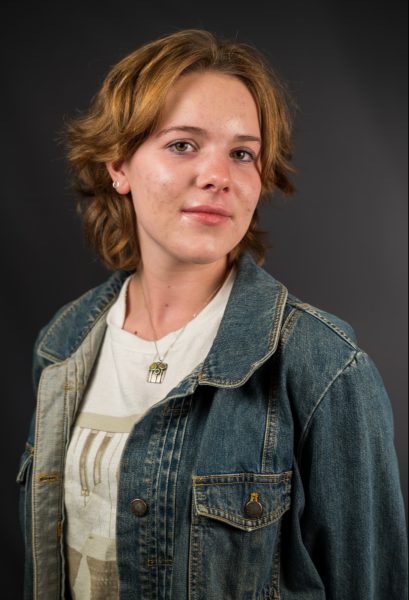
Daniella Dispenza • Oct 13, 2023 at 3:46 pm
amazing, needs to be talked abt more
Ramsey • Oct 13, 2023 at 2:24 pm
So good ib 🙂